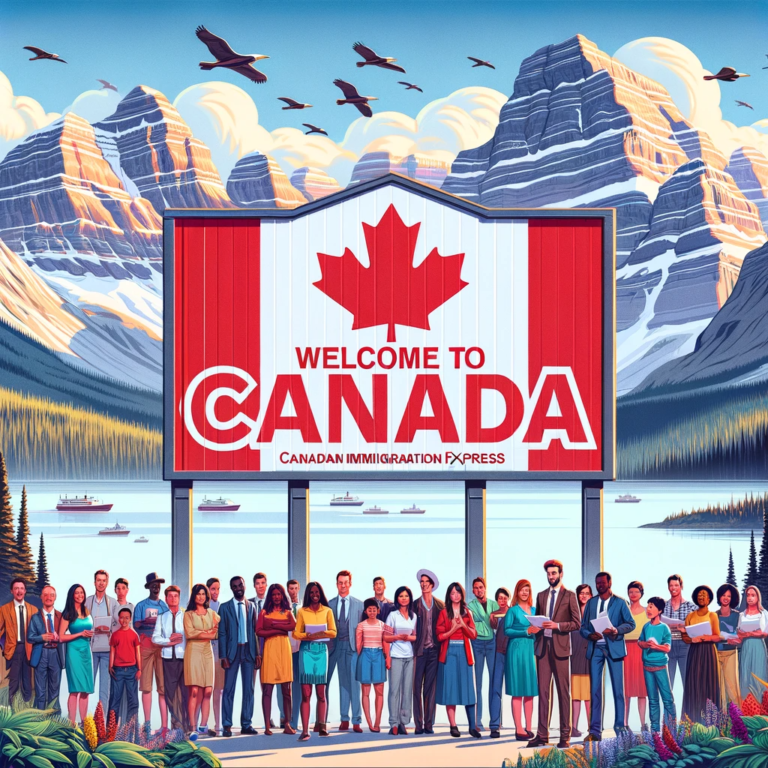Regulated and unregulated professions in Canada: An overview

Navigating the landscape of Canadian professions can sometimes seem like a labyrinth, especially when distinguishing between regulated and unregulated occupations. In Canada, some professions require a license or certificate to practice, while others are more accessible without specific authorization. This article aims to demystify these two categories by providing a list of regulated and non-regulated professions in Canada, to help you better understand this country's job market.
Regulated professions
In Canada, approximately 20% of jobs are regulated. This means that to practice these trades, you must be registered or certified by the regulatory body for the profession in your province or territory. These measures are designed to protect public health and safety.
Medicine
This profession is strictly regulated across Canada. Physicians must be registered with the College of Physicians in their province or territory.
Law
To practise as a lawyer in Canada, you must be a member of the law society of the province or territory in which you wish to practise.
Engineering
Engineers must be registered with the Order of Engineers in their province or territory.
Teaching
Teachers must obtain a teaching permit in the province or territory where they work.
Pharmacy
Pharmacists must be registered with the College of Pharmacists in their province or territory.
Accounting
Chartered Professional Accountants (CPAs) must be registered with the Order of CPAs in their province or territory.
Psychology
Psychologists must be registered with the College of Psychologists in their province or territory.
Architecture
Architects must be registered with the Ordre des architectes in their province or territory.
Plumbing
Plumbers are regulated in some provinces and require a license to practice.
Electricity
Electricians are also regulated in some provinces and must be certified to practice.
Unregulated professions
On the other hand, about 80% of jobs in Canada are unregulated. This means you don't need a specific license or certificate to practice. However, in some cases, employers may require specific qualifications.
IT
IT professionals, such as software developers and systems administrators, are generally unregulated.
Marketing
Marketing, advertising and public relations professionals are not regulated.
Human resources
The human resources professions are not regulated, although there are voluntary certifications that can be useful.
Retail trade
Retail jobs are generally unregulated.
Management
Executive and management positions in various sectors are not regulated.
Arts
Artistic professions, such as musicians, painters and writers, are not regulated.
Hospitality
Jobs in the hospitality industry, such as waiters, cooks and hotel managers, are not regulated.
In conclusion, if you plan to work in CanadaIn order to get the most out of your career, it's important to find out whether your profession is regulated or not. This information will help you plan your path to certification, if necessary, or understand what qualifications are required in unregulated professions. Remember that it's essential to check with the regulatory body in your province or territory to find out the specific requirements for your profession.
What if you want to immigrate to Canada and your profession is regulated?
If you are planning toimmigrate to Canada and your profession is regulated, you should be aware that Canadian authorities do not automatically recognize foreign qualifications. You may therefore need to have your qualifications assessed and pass exams to obtain your professional license or certification. Here are some key steps to follow:
Find out about the regulations governing your profession
Start by understanding how your profession is regulated in Canada. Each province or territory has its own regulatory bodies, so find out what the specific requirements are in the area where you're considering relocating.
Qualifications assessment
Have your academic and professional qualifications assessed by a recognized credential evaluation agency. This assessment will determine whether your qualifications meet those required in Canada.
Accreditation process
Each regulatory body has its own accreditation process. This can include refresher courses, internships, exams, etc. You'll need to go through this process to obtain your professional license or certification.
Language
You'll need to prove your proficiency in one of Canada's two official languages - English or French. This may be a requirement to obtain your professional license.
Plan ahead
It's a good idea to start this process before you even arrive in Canada. It can take time and financial resources, so the earlier you start, the better.
Remember, even if your profession is regulated, that doesn't mean you can't start working in Canada. Many immigrants work in unregulated jobs related to their field while they obtain their certification. This can help you gain valuable Canadian experience and support your certification journey financially.
Finally, if you're having trouble navigating the process, there are many immigrant support services available in Canada. They can help you understand the requirements of your profession and plan your path to certification.
Is it possible to change jobs once you've arrived in Canada? Common reasons for doing so
Absolutely, it's entirely possible to change jobs once you've arrived in Canada. In fact, many immigrants choose to do so for a variety of reasons. Here are some of the most common reasons:
Complex accreditation process
As mentioned earlier, obtaining a license or certification for a regulated profession can be a lengthy and costly process. Some immigrants may choose to change careers to avoid this process.
Market opportunities
The Canadian job market is constantly evolving. Immigrants may discover new career opportunities in fast-growing fields such as technology or healthcare, and decide to change careers to take advantage of these opportunities.
Skills recognition
Some immigrants may find that their skills and experience are not fully recognized in Canada. In such cases, it may be more beneficial to change careers to a profession where their skills are more highly valued.
Personal or professional interest
Immigration is often a time of great change and personal reflection. Some immigrants may see it as an opportunity to pursue a passion or interest they didn't have the chance to explore in their home country.
Things to consider before changing careers after arriving in Canada
If you are considering a career change after arriving in Canada, here are a few points to consider:
Training and education
You may need additional training or education to qualify for your new career. There are many adult education and training programs available in Canada.
Employment support services
There are many employment services for immigrants in Canada. They can help you write your CV, prepare for interviews and understand the expectations of the Canadian workplace.
Networking
Networking is an important part of the job search in Canada. Joining professional associations or attending networking events can help you make useful connections in your new career.
Canadian work experience
If you don't have any Canadian work experience, it may be a good idea to start with an entry-level job in your new field. This can help you gain experience and familiarize yourself with the Canadian work environment.
Changing careers is a major decision, and it can be even more complex for immigrants. However, with the right planning and support, it's an entirely achievable and potentially beneficial task.
Conclusion
Working in Canada can present many opportunities, but it's crucial to understand whether or not your profession is regulated. This will enable you to prepare effectively for certification if necessary, or to understand the qualifications expected in unregulated professions. Whether you're a potential immigrant or already established in Canada, the importance of finding out about the specific requirements of your profession from the regulatory body in your province or territory cannot be underestimated. Don't forget that changing professions is also a viable possibility, and while it may involve its own challenges, the resulting opportunities can be rewarding.







